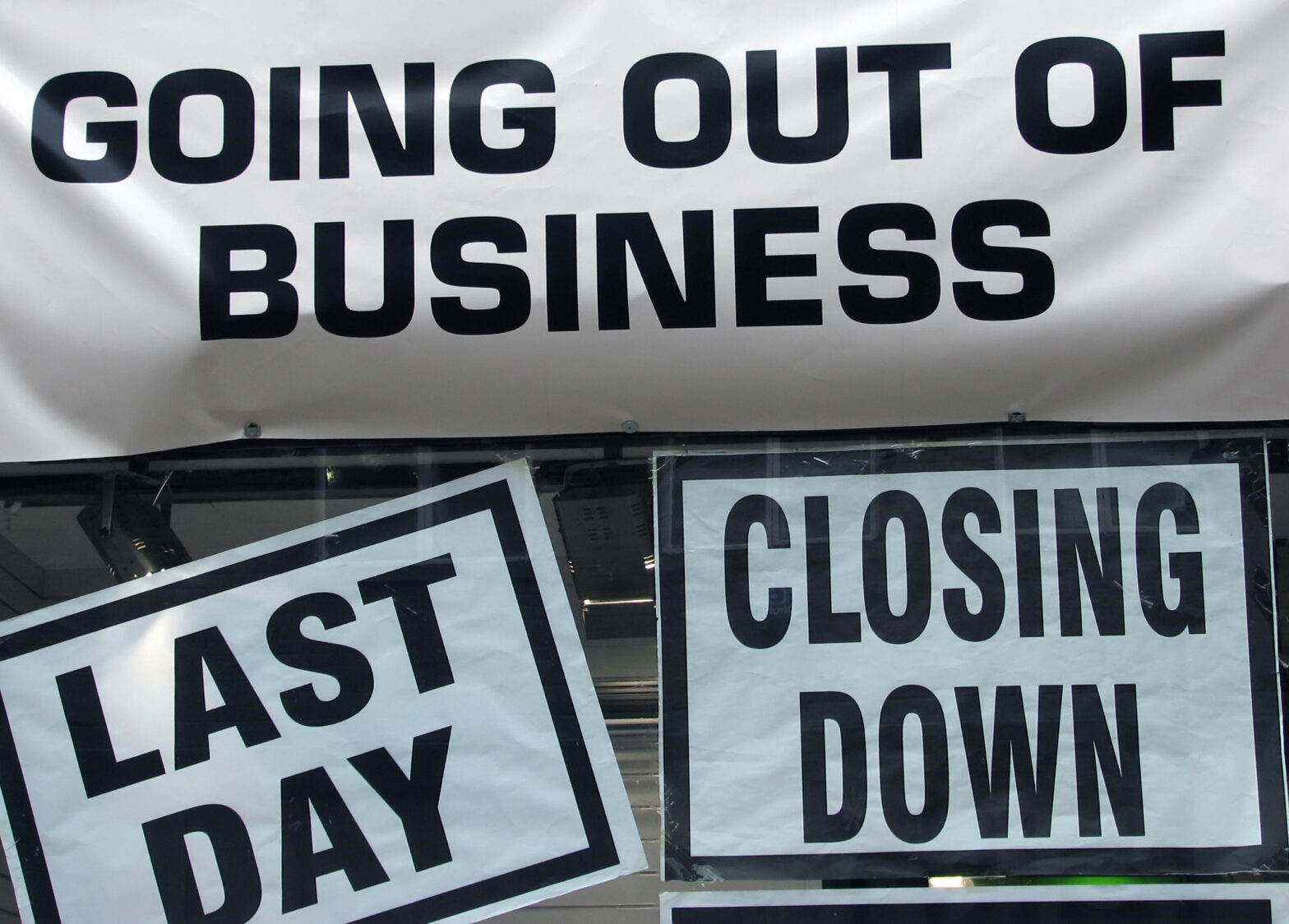Business start-ups are at an all-time high. A record breaking 581,173 businesses were registered with Companies House in 2014. January is a popular month for deciding to go it alone, due to the many New Year’s resolutions to follow your dreams and become your own boss. Unfortunately, due to the hidden complexities that come with starting and running your own business, many of these fall by the way-side within the first five years. Motivation, commitment and passion are all essential ingredients for getting your business out of the starting gate, but have you got your website, customer satisfaction or online marketing lined up and ready for the race? Here are the top four reasons small businesses fail – don’t say you haven’t been warned.
Failing to listen to your customers
Your relationship with your customers is key. What they have to say about you will reach far more potential consumers than any professional article written in a magazine. In fact, studies have shown 78 per cent of consumers will listen to other consumers online more than any other source. Social media and online review sites have made it even easier for people to have their say, therefore, offering quick and helpful responses to feedback will help build a relationship, whilst also impressing your current and potential new customers.
Failing to adapt and grow with market changes
If you are not studying your market and evolving accordingly, you run the risk of becoming left behind. Rather than waiting for the change to happen and adapting only when push comes to shove, try to be one step ahead of the game and plan ahead for future trends. This may seem almost impossible to start with, but after you have been regularly researching your market area, you will begin to see recurring stock trends, manufacturing methods or marketing techniques. Taking the time to get into the habit of regular market research may seem over the top to start with, but your research will set you ahead of the trends and help you stand out in your local community. Be careful not to go too far the other way – offering glittery disco pants in a predominantly senior community may leave you as the laughing stock, rather than the trendsetter. Always give your customers what they want, but try to anticipate what they’ll need in the future.
Failing to use online marketing
What’s the name of that store on the high street? I’ll ‘Google’ it.
In a world where Google has become the go-to place where all questions are answered, not having an online presence will leave your customers thinking your business is stuck in the Iron Age. Failing to use online marketing means you will be missing out on a vast section of potential customers. According to an Invesp study, 80 per cent of consumers now use the Internet for shopping. Further to this, 81 per cent of Internet users research products online before parting with their hard-earned cash. Failing to provide your customers with this basic luxury will doom your business to failure.
Failing to measure your marketing
There is no excuse to not measure the success of your marketing. Tools provided by social media, such as Facebook and Twitter, record how many people your posts reach organically, so you can see how well received a specific post has been. These can then be boosted or promoted at a cost to reach specific customers based on age, gender or geographic location. Further to this, Google Analytics will record what activities generate traffic to your website, what your customers are looking for and why they might be leaving your site without making a purchase. Keeping a close eye on these tools is a clever way to monitor what your customers want and where you should be spending marketing money. Rather than splashing out on a campaign that won’t reach anyone, focus your attention on refining your online marketing to best suit your customers.
Measuring your marketing is another way to monitor and research marketing trends and improve your customer experience, therefore keeping you one step ahead of the action.
Avoiding these four deadly sins will help prevent your small business being one of the 80 per cent of small businesses that fail in the first year. Staying focused on your ultimate goal and regimented with researching your competitors and market trends is essential for keeping your business afloat. Undoubtedly, starting and running your own business is one of the most difficult things you will ever do, but it will also be one of the most rewarding and if done right, it could provide unprecedented pride and success in the future.
Alison Curry-Taylor is operations director at Daily Internet.





